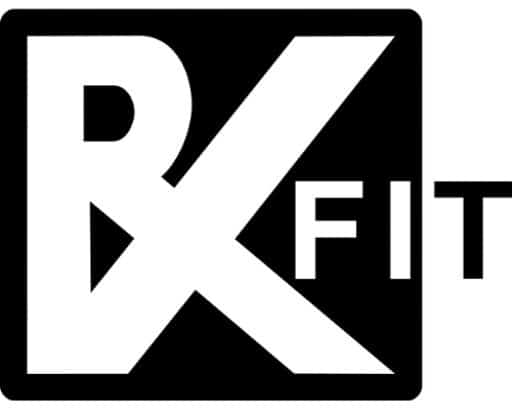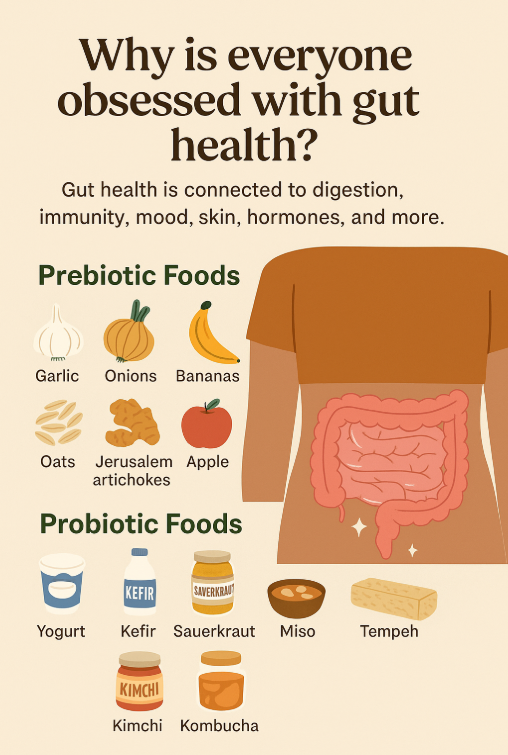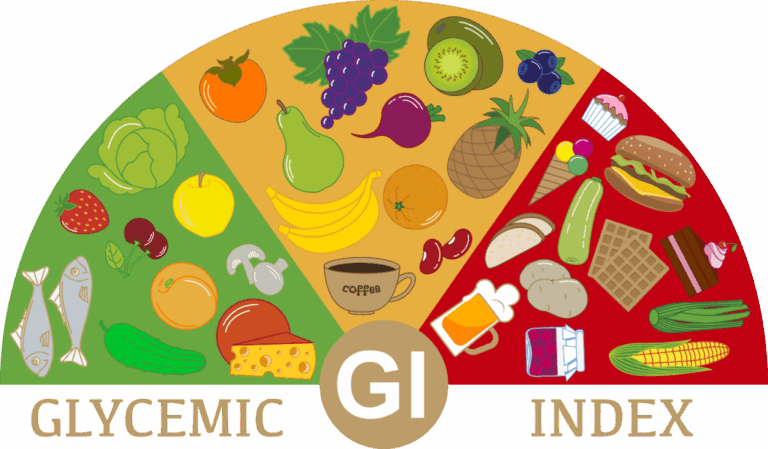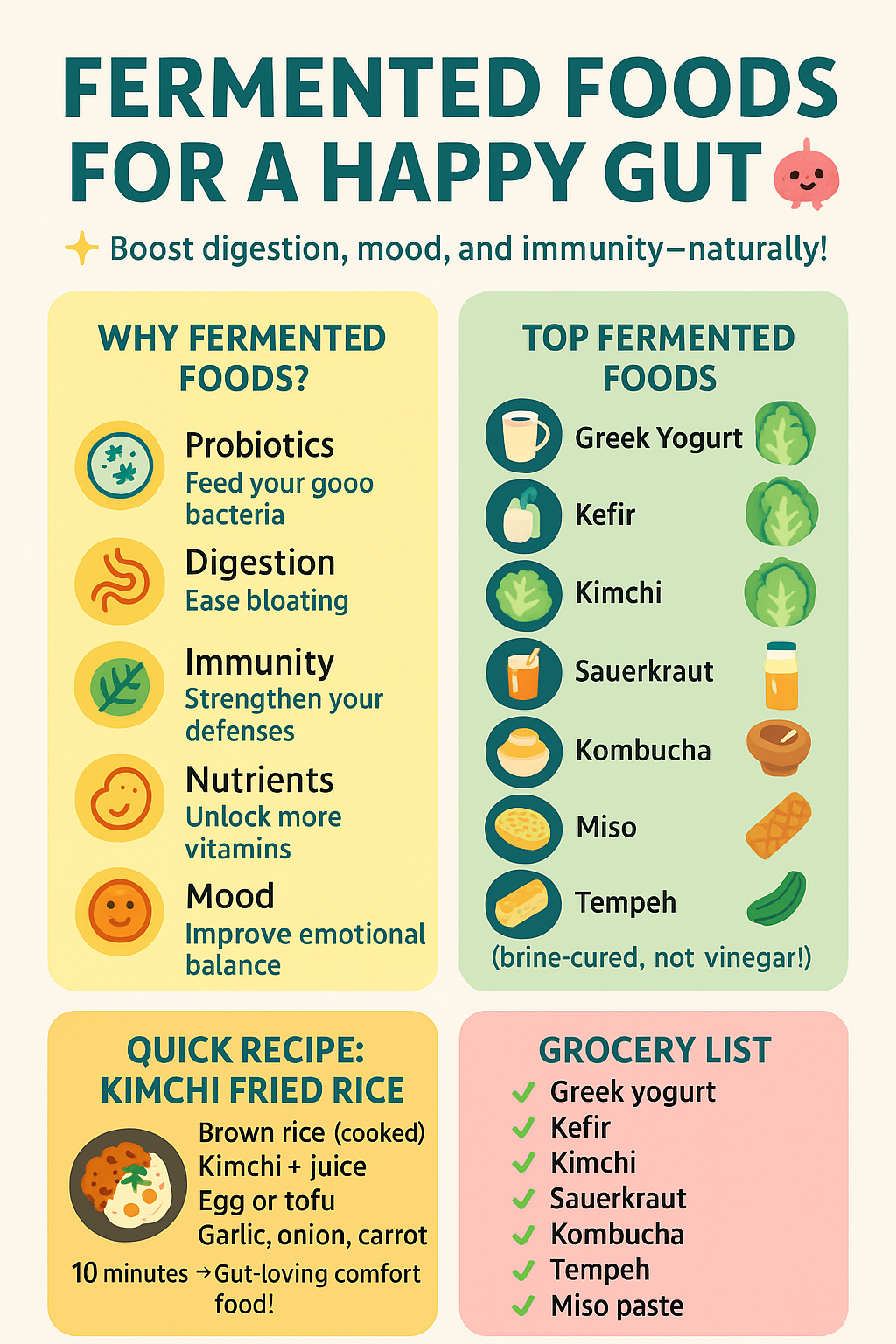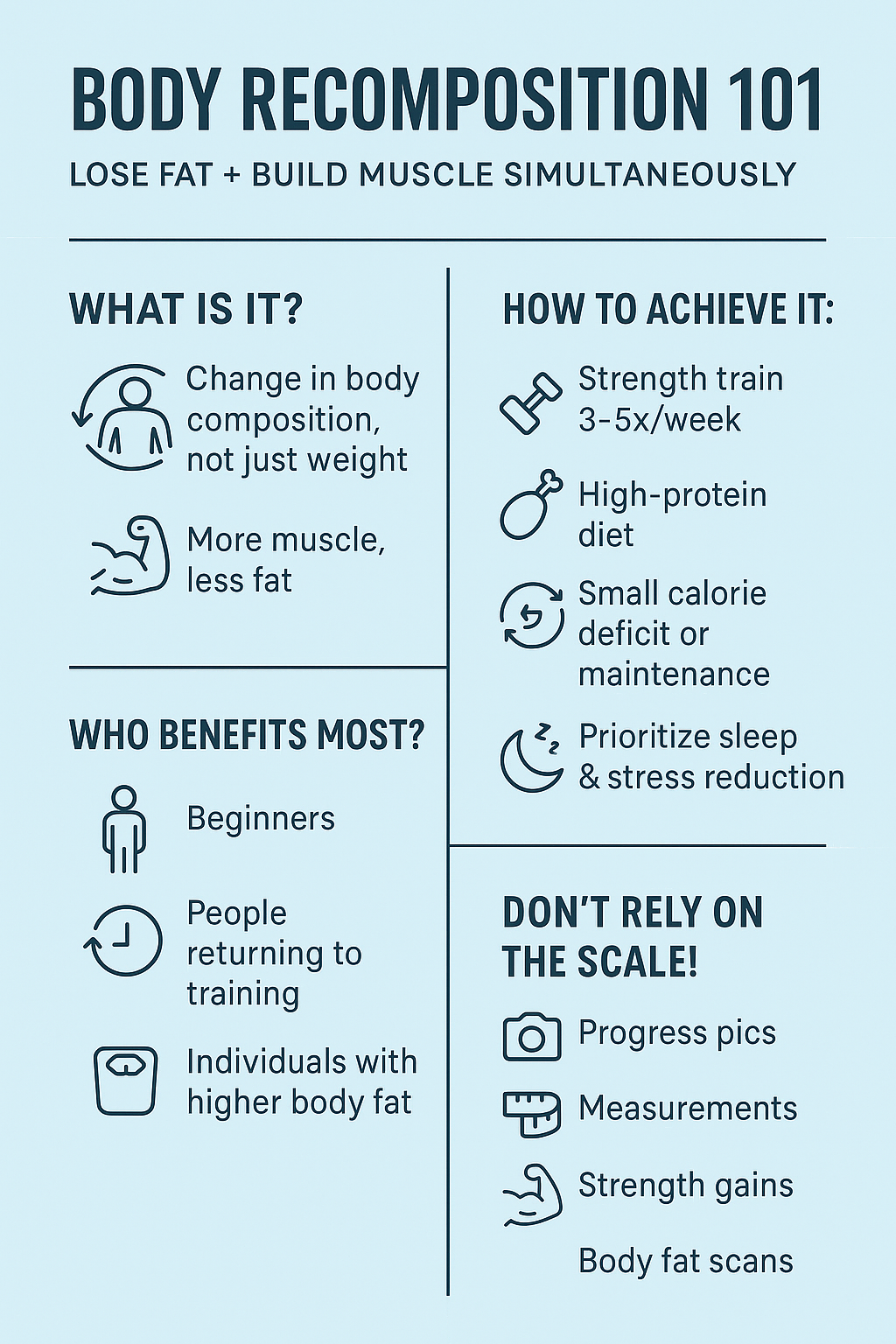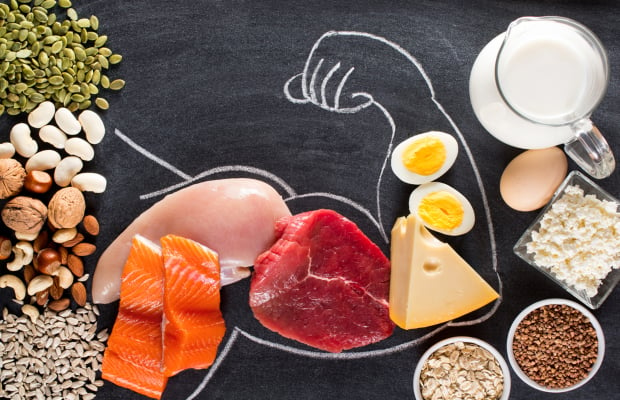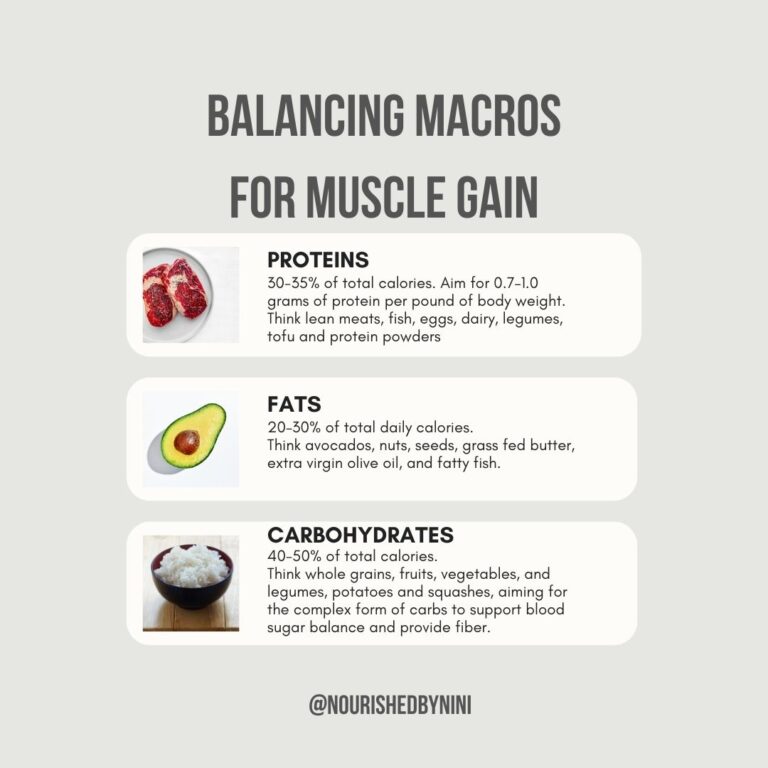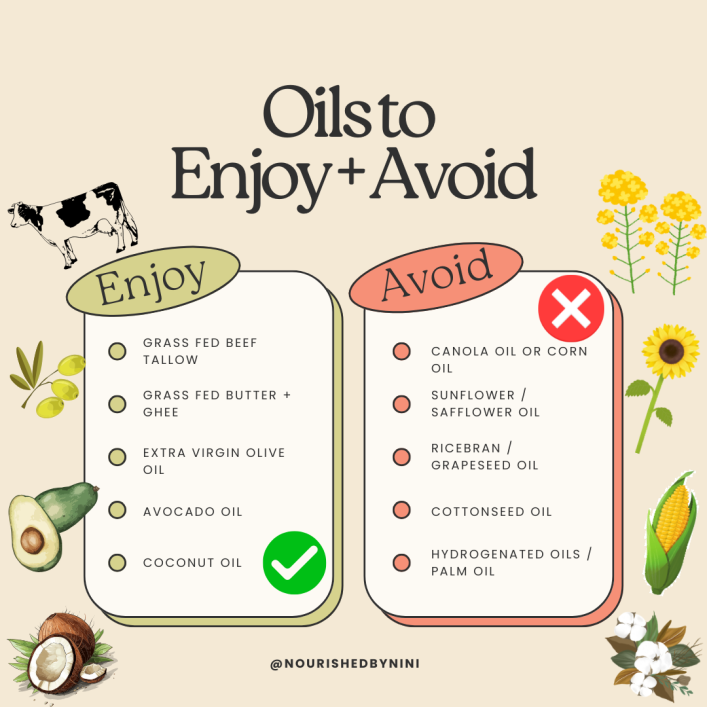The Benefits of Having a Functional Nutritionist Who Also Offers Meal Prep Services
If you’re tired of sorting through conflicting nutrition advice and struggling to eat healthy consistently, working with a functional nutritionist who also offers meal prep could be your solution. This unique combination blends expert, root-cause-focused guidance with practical, personalized meals designed to support healing—from gut health and hormone balance to fatigue and inflammation. No more guesswork, no more takeout. Just targeted nourishment that helps you feel better, faster—and saves you time while doing it.
